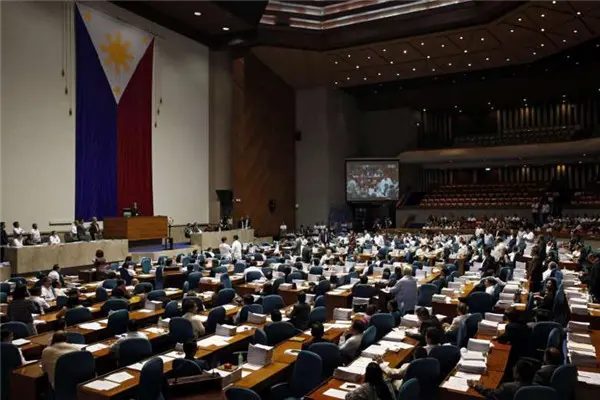The Philippine House of Representatives approved a proposal on Wednesday (March 1) to reinstate the death penalty, paving the way for capital punishment to be restored more than a decade after it was abolished.
The bill, which would primarily allow drug-related offenses to be punishable by death, reflects President Rodrigo Duterte's campaign pledge to end crime and corruption.
Since Duterte took office in June, thousands of people suspected of being drug addicts or pushers have been killed by police officers or vigilantes as part of that campaign.
To become law, the death penalty Bill must face a largely symbolic third reading in the House, which is controlled by allies of the president, before going to the Senate, also controlled by people close to Duterte. The Bill would then have to be signed by the president.
House leaders had called for a voice vote on Wednesday, and advocates of reinstating the death penalty drowned out those opposing the measure.
"We lost. The next battleground is the Senate," said Harry Roque, a lawmaker who voted against the measure.
Under the proposal, so-called heinous crimes would be punishable by death. Those include some forms of rape and murder, as well as drug offences including the import, sale, manufacture, delivery and distribution of narcotics.
Drug possession would carry a maximum sentence of life in prison.
Capital punishment would typically be carried out by hanging, firing squad or lethal injection, according to the Bill.
Senator Bam Aquino promised that lawmakers in the upper chamber would debate the Bill but acknowledged that blocking it would be difficult.
The proposed law, he said, goes against the International Covenant on Civil and Political Rights, which the country ratified in 1986. The convention prevents parties from carrying out execution as a form of punishment.
The influential Roman Catholic Church, which Duterte has criticised for opposing his policies, has been at the forefront of the fight against the law.
Bishops said in a letter that was read in all churches last month that they "unequivocally oppose proposals and moves to return the death penalty into the Philippine legal system."
(NEW YORK TIMES)
 简体中文
简体中文





